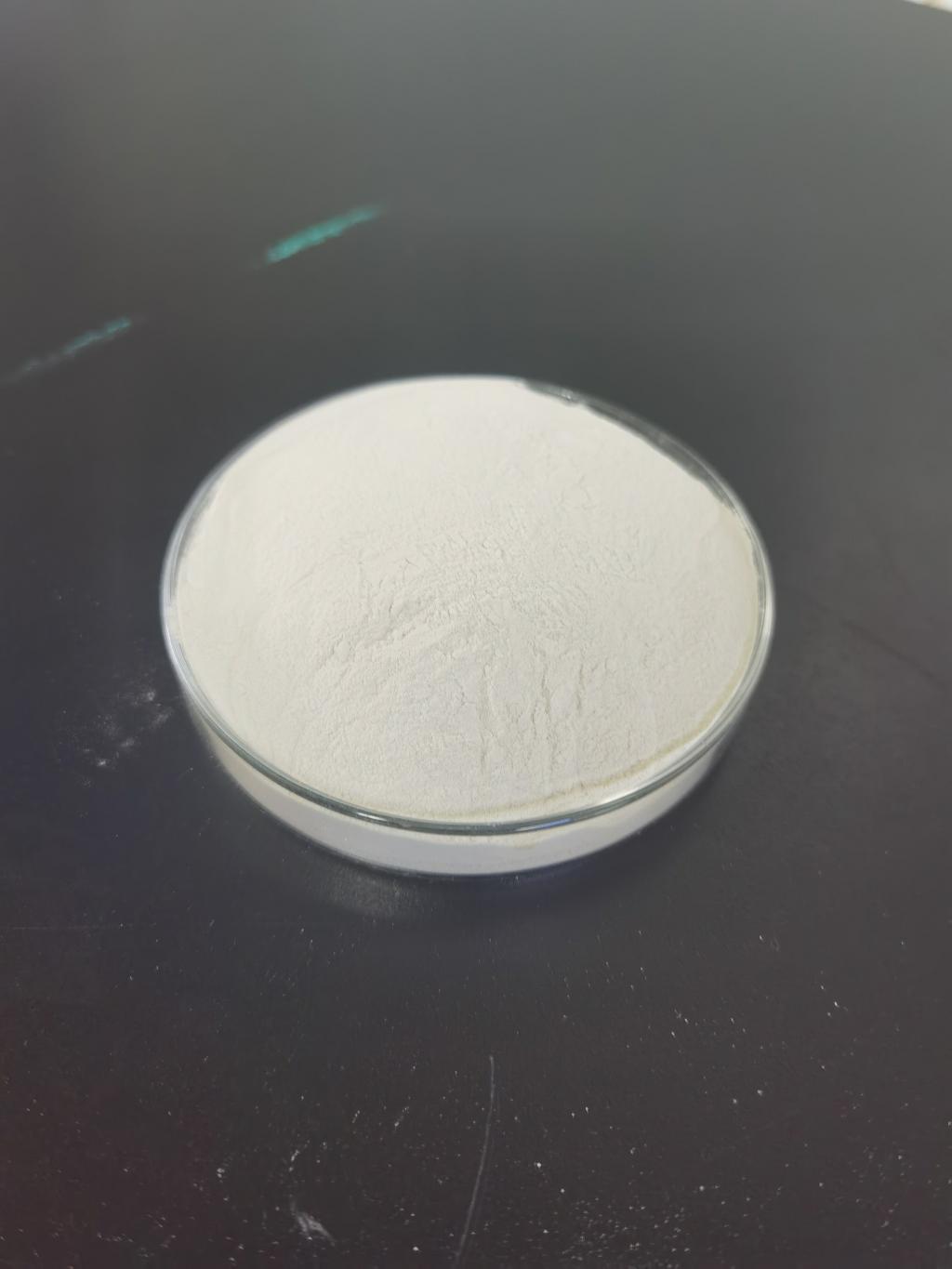Tel:+8618231198596

News
 CONTACT
CONTACT
 CONTACT
CONTACT
- Linkman:Linda Yao
- Tel: +8618231198596
- Email:linda.yao@dcpharma.cn
- Linkman:CHARLES.WANG
- Department:Overseas
- Tel: 0086 0311-85537378 0086 0311-85539701
News
Nisin's compatibility with plant-based and vegan food products.
TIME:2024-04-12
Nisin: A Natural Antimicrobial Peptide:
Nisin, derived from the bacteria Lactococcus lactis, is a polycyclic peptide renowned for its antimicrobial properties. Historically used in dairy products to inhibit the growth of spoilage and pathogenic bacteria, nisin has gained recognition for its safety and effectiveness. Its mechanism of action involves disrupting bacterial cell membranes, making it difficult for bacteria to survive and proliferate. This mechanism, coupled with its natural origin, makes nisin an attractive option for food preservation in various applications.
Compatibility with Plant-Based Formulations:
Plant-based food products, including meat and dairy alternatives, present unique challenges in terms of shelf life and food safety. The absence of animal-derived ingredients necessitates alternative strategies for preserving freshness and inhibiting microbial growth. Nisin offers a viable solution, as its antimicrobial activity is not limited to specific food matrices. It can be incorporated into plant-based formulations such as vegan cheeses, meat substitutes, and plant-based beverages to extend shelf life and ensure product safety.
Benefits of Nisin in Plant-Based Foods:
The inclusion of nisin in plant-based food products offers several benefits. Firstly, it helps prevent spoilage by inhibiting the growth of bacteria, yeast, and mold that can compromise product quality and safety. This is particularly important for perishable items such as plant-based cheeses and refrigerated meat substitutes. Additionally, nisin can enhance the overall sensory characteristics of plant-based foods by minimizing off-flavors and odors associated with microbial spoilage, thus improving consumer acceptance and satisfaction.
Addressing Food Safety Concerns:
Food safety is a paramount consideration in plant-based and vegan food production, where the absence of traditional preservatives may pose challenges. Nisin provides a natural and effective means of controlling microbial contamination without resorting to synthetic additives. Its safety profile, supported by regulatory approvals from authorities such as the U.S. Food and Drug Administration (FDA) and the European Food Safety Authority (EFSA), instills confidence in both manufacturers and consumers regarding its use in food products.
Expanding Market Opportunities:
The compatibility of nisin with plant-based and vegan food products opens up new avenues for innovation and market expansion. As consumer interest in plant-based eating continues to surge, there is a growing demand for high-quality, shelf-stable alternatives to conventional animal-derived foods. By leveraging the antimicrobial properties of nisin, manufacturers can develop a diverse range of plant-based offerings that meet the evolving needs and preferences of health-conscious consumers.
Overcoming Formulation Challenges:
While nisin holds promise as a preservative in plant-based foods, its successful incorporation into formulations requires careful consideration of factors such as pH, temperature, and processing methods. Optimal conditions for nisin activity may vary depending on the specific product composition and processing parameters. Therefore, collaboration between food scientists, product developers, and manufacturers is essential to ensure the effective utilization of nisin in plant-based food systems.
Future Directions and Research Opportunities:
As the plant-based food market continues to evolve, there is a need for further research to optimize the use of nisin in alternative food formulations. This includes investigating its compatibility with novel plant-based ingredients, exploring synergistic interactions with other natural preservatives, and assessing its impact on product quality and sensory attributes over time. Additionally, research on consumer perceptions and acceptance of nisin-fortified plant-based foods can provide valuable insights for market positioning and product development strategies.
Conclusion:
Nisin represents a promising solution for enhancing the safety and shelf life of plant-based and vegan food products. Its natural origin, broad-spectrum antimicrobial activity, and regulatory approval make it well-suited for use in alternative food formulations. By harnessing the preservative power of nisin, manufacturers can meet the growing demand for high-quality plant-based foods that deliver on both taste and safety. As research in this area progresses, nisin is poised to play a significant role in shaping the future of the alternative food market, catering to the preferences of health-conscious consumers worldwide.
- Tel:+8618231198596
- Whatsapp:18231198596
- Chat With Skype







